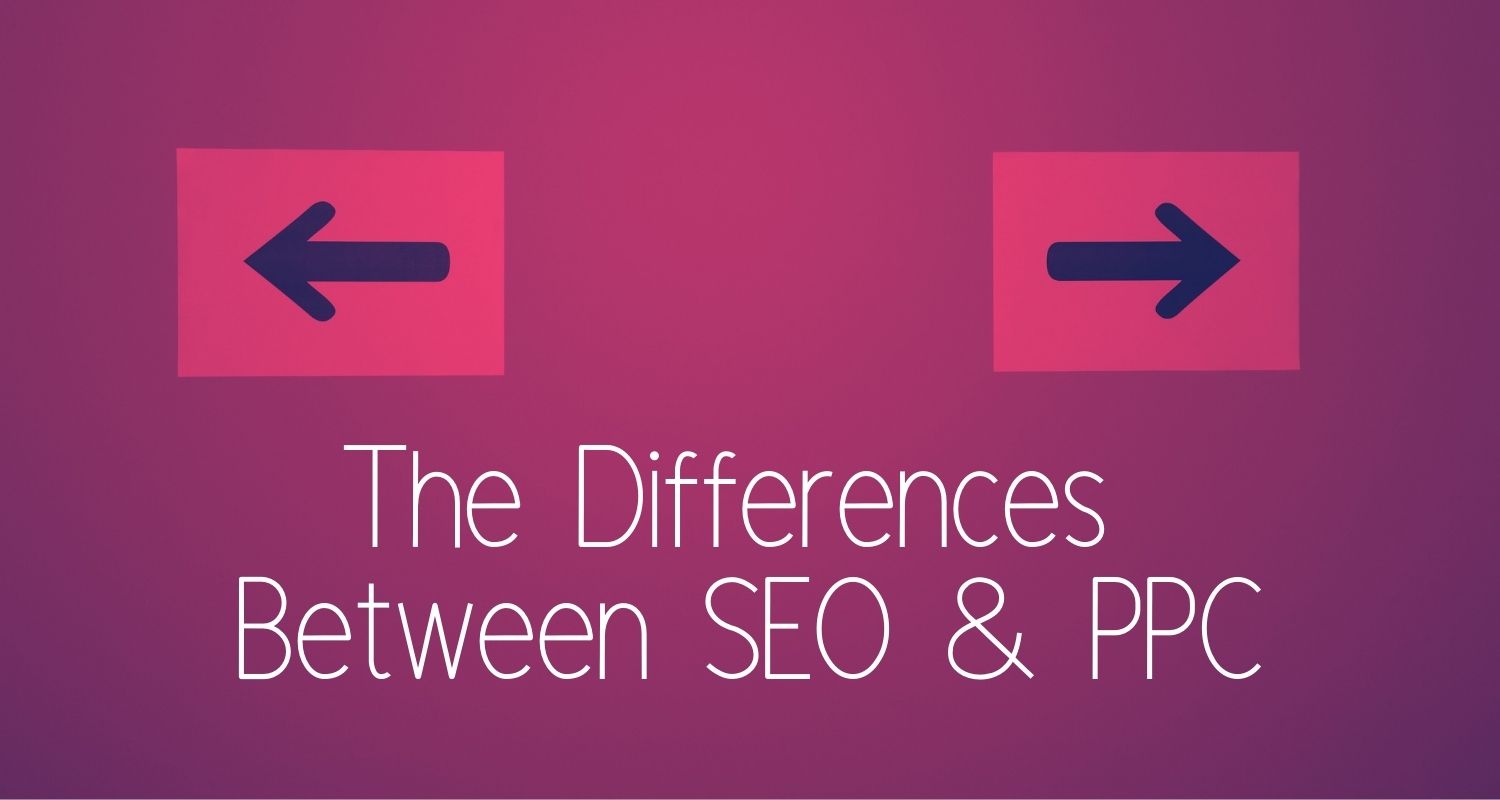There are a lot of acronyms in the field of digital marketing. In this piece, we’ll compare SEO versus PPC by focusing on two of them in detail.
- The method of attracting organic traffic to your website by improving your content to rank on search engine results is SEO (search engine optimization).
- PPC (pay-per-click) advertising includes paying for the same traffic through sponsored ad placements.
Which one is right for my dental practice?
The quick answer is that it relies entirely on your marketing goals, available financial resources, and how long you’re ready to wait for results.
The most significant distinction between SEO and PPC is that PPC is a paid advertising approach, whereas SEO traffic is unpaid. With PPC, a platform (such as Google) places your ad in a prominent location at the top of the search engine results pages (SERPs), and you pay real money each time someone clicks on it. When it comes to SEO, you’ll have to put in more time and work to get your content to rank organically on those same platforms at first. Still, once it does, the traffic will pour in on their own without you having to pay a dollar.
SEO is likely to be the way to go if you’re a cash-strapped small dental clinic with little money to spend on advertising but a lot of time to invest into developing quality content. You’re in it for the long haul. It generates a larger volume over time and has a lower cost-per-lead than PPC.
On the other hand, PPC may be the way to go if you’re in a high-competition local area with limited time and need immediate results.
However, for most dental practices, a combination of PPC and SEO will be the most effective.
The Benefits of SEO and PPC
Let’s delve a little deeper and examine the advantages of SEO and PPC.
Advantages of SEO
- Lasting visibility: Organic traffic, unlike PPC, does not stop when you stop paying. SEO enables you to achieve long-term visibility in the SERPs.
- Boosts your trustworthiness. You’ll gain greater credibility and trust by placing your material in the organic results.
- Increased CTR: Organic results receive a higher percentage of clicks than paid results.
- A higher return on investment: SEO provides a better return on investment compared to PPC and other traditional kinds of paid media advertising.
- Cost-effective: You don’t have to pay for clicks if you use SEO. Only the early costs of developing the content and getting it to rank through increasing your authority are borne.
Advantages of PPC
Let’s look at the benefits of PPC now:
- Instantaneous results: Unlike SEO, which takes time and work, PPC returns are almost immediate. You’ve just launched your ad campaign, and you should begin receiving traffic right away.
- Better placement than with SEO: Paid search listings have the advantage of appearing above organic listings at the top of the SERPs (search engine results pages), giving them more visibility.
- Predictable costs. Unlike SEO, determining your PPC budget is relatively simple. You may keep a tight grip on your budget by setting a daily limit for how much you’re ready to spend. There’s no need to be concerned about scope creep.
- Focused spending: When it comes to paid ads, you can be very accurate with your targeting. Customers can be targeted based on demographic information, device, keywords, time/date, and other factors. SEO isn’t nearly as focused as it formerly was.
- More agile: One of the best things about PPC ad campaigns is that they can be launched in a couple of days. You can get in front of your potential dental patients rapidly if you need to.
- More resilient: Organic results from SEO work can change substantially every time Google refreshes its algorithm. You don’t have to be concerned about being pushed off the first page of search results if you use paid search.
Think about your goals
When considering whether to focus on SEO or PPC, the essential thing is to consider your objectives first and then determine which strategy is appropriate for you. If you need help deciding how to balance the two for your dental practice, contact us today!

